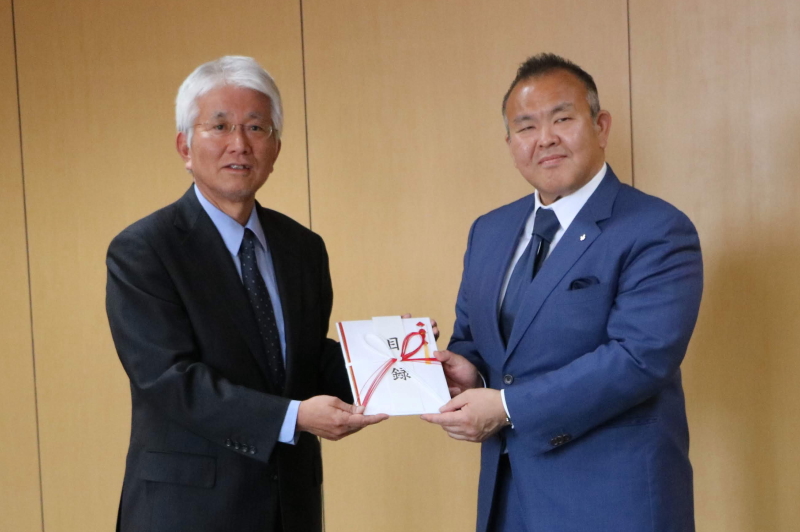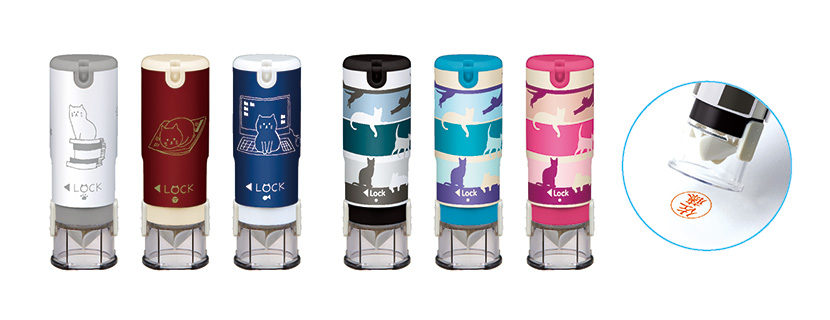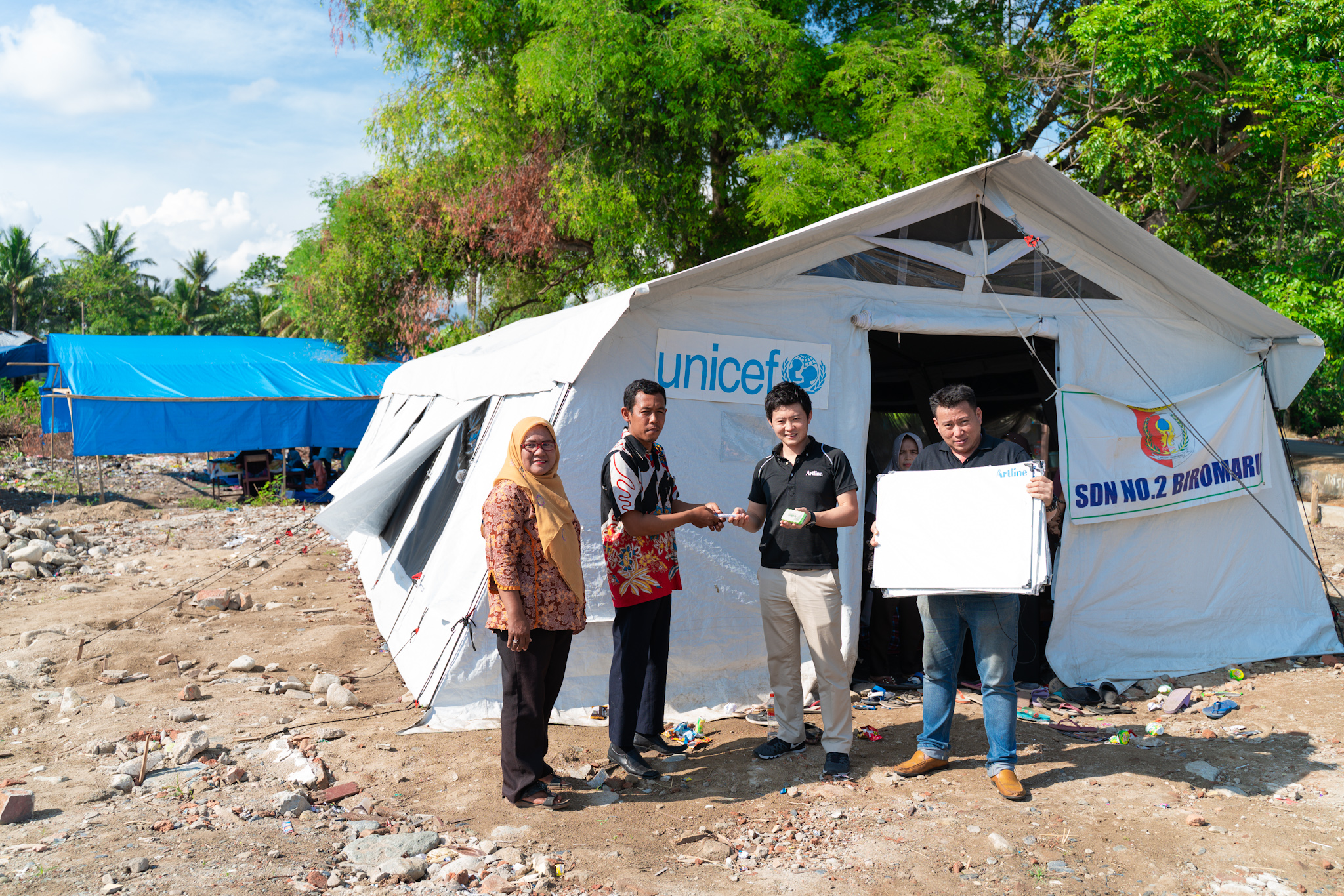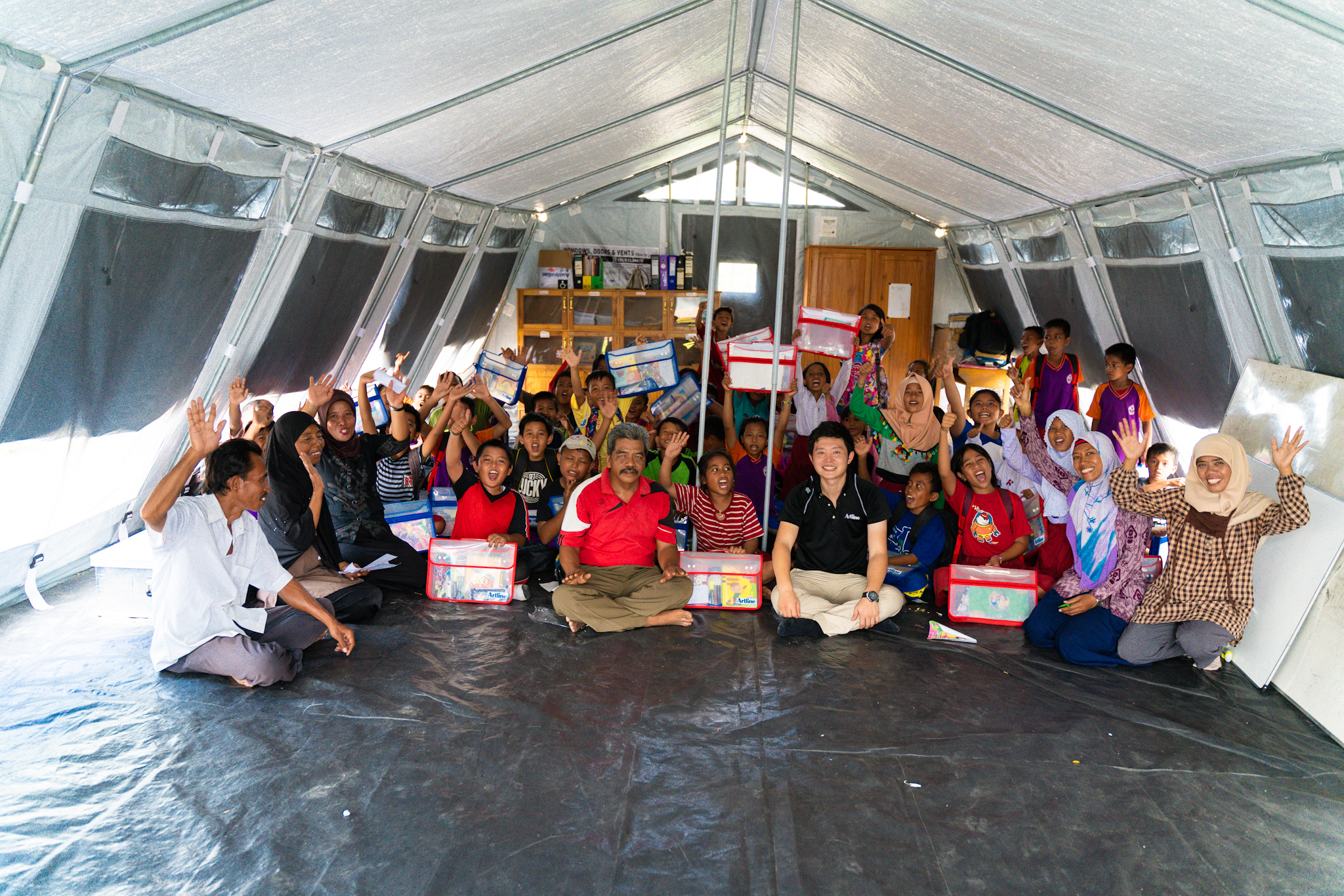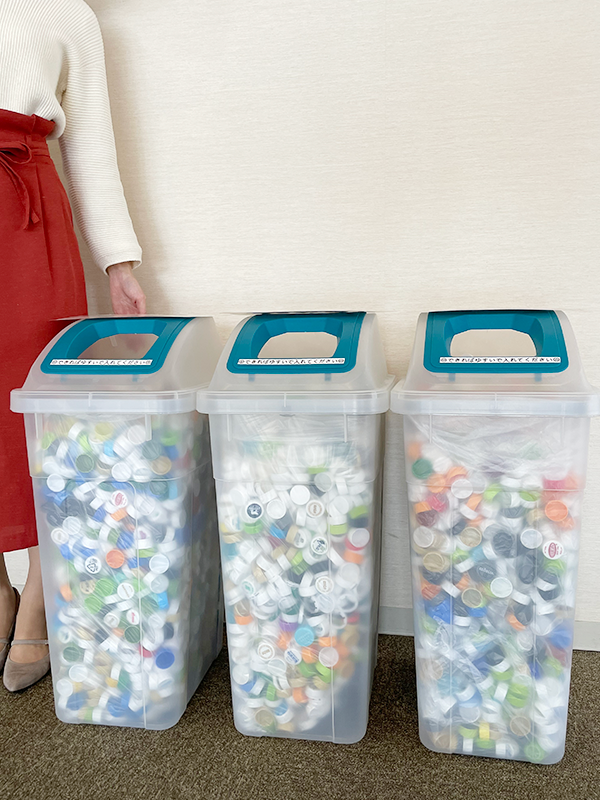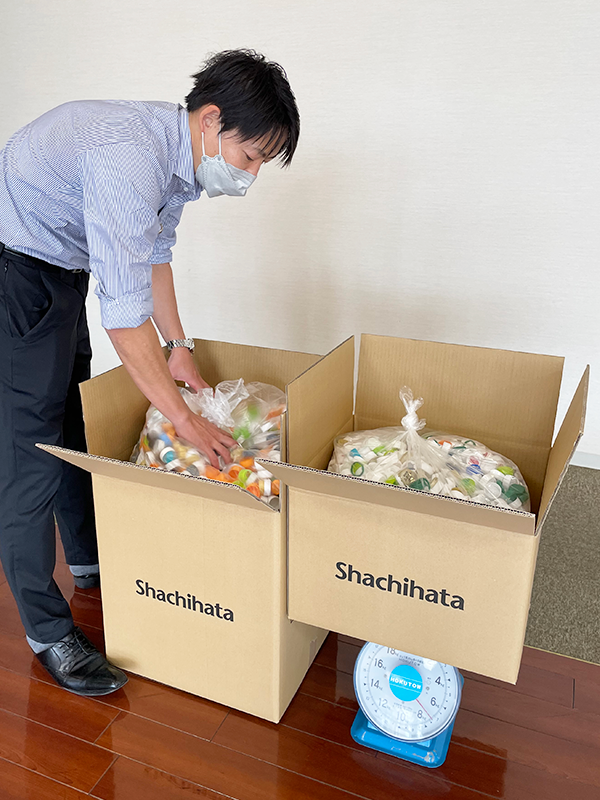Social contribution
- About us
- Social contribution
A company trusted by society, our customers and our employees.
Considerable importance has been placed on corporate social responsibility in both Japan and the rest of the world. Companies are being asked to fulfill their responsibilities in terms of the economy, the environment and society. Shachihata continues to operate in a manner trusted by society, our customers and our employees, based on a policy of environmentally-friendly manufacturing.
Donations to the Nagoya Pediatric Cancer Fund
Shachihata believes in the work of the Nagoya Pediatric Cancer Fund and has donated to this fund as part of its social contribution activities. This fund focuses on pediatrics in Nagoya University Hospital, and was established to help save as many pediatric cancer patients as possible. Nagoya University Hospital treats the most pediatric cancer patients in all of Japan. It is also involved in supporting pediatric cancer patients in developing countries. Donations are used to implement the latest diagnostic and treatment techniques.
Animal welfare contributions from sales of Capless 9 (name stamp)
A portion of sales is donated to Nagoya Animal Shelter to help realise its goal of ensuring that all animals find homes.
Visits to Indonesian schools in earthquake disaster areas
Palu, Sulawesi in Indonesia was struck by a 7.5 magnitude earthquake in 2018. More than 100 local schools collapsed during this earthquake, forcing students to continue their studies in temporary structures. Shachihata worked with local dealers in visiting disaster-stricken schools to deliver 500 sets of school supplies to students, and to donate whiteboards and uniforms to schools. We plan to continue to cooperate on recovery efforts.
Eco-cap program
Shachihata has continued to participate in the Eco-cap programme since the 2010 fiscal year.
Under this programme, participants gather plastic bottle caps in order to donate vaccines. Incinerating a kilogram of caps (430 caps) generates 3,150 g of CO2. However, caps could instead be recycled as plastic materials, with 860 caps enough to purchase a polio vaccine for one person.
We collected 55,834 caps during the 2024 fiscal year and sent them off to JCV (Japan Committee, Vaccines for the World’s Children). Incinerating these caps would have generated 409 kg of CO2, but donating them instead allowed for vaccines for approximately 65 people to be purchased. We plan to continue to participate in this programme.
